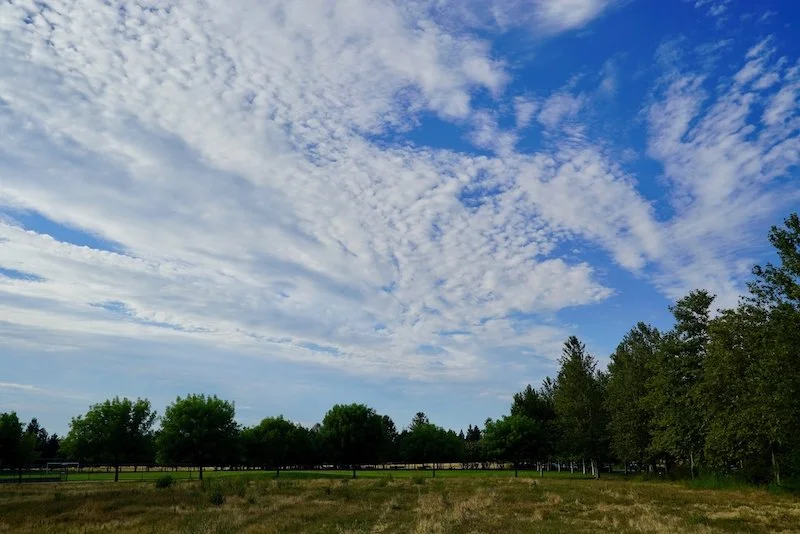Time To Change
/Last night, here in America, we gave an hour to the night, our clocks leaping ahead for daylight savings time. It is an intriguing event for an entire culture to alter the clock by convention. The practice suggests a more fluid relationship with time than we may take in our day-to-day life, where societal gears move with chronological precision measured even to the wave frequencies of atoms. I’m amused that the most precise measurement of time is a waveform. This may be why we find solace in the sea and the cycles of the moon or reprieve from our worries in the rising and falling of a baby’s breath as the child sleeps peacefully through the noise of the world.
“When told the reason for daylight savings time the Old Indian said, “Only the government would believe that you could cut a foot off the top of a blanket, sew it to the bottom, and have a longer blanket.”
A note on this quote: You will easily find this quote on the internet, without attribution. It may have been said by a Native American, although it is worth noting that almost all Native tribes observe Daylight Savings Time. It is sometimes quoted using "the government" and sometimes using "the white man." It may be made up, the mouthpiece for an opinion, but it is still a funny quote and it does highlight the common sense reply to the rationale for daylight savings time.
A life cannot be lived only in the peaks with grand vistas and heightened spirits or in the valleys surrounded by darkness and overwhelmed by greater forces because we are riding waves of time, lifting and lowering us with its sway and pitch, and carrying us forward. This semi-annual leaping of clock hands, forward and back, is simply another wave we ride, another cycle in our lives. This one we have created for our own amusement, believing we are "saving" time by changing the number on the clock as if it will grant us more daylight and less nighttime. Of course, it doesn't do that at all. What it does do is change how we use the range of daylight hours to maximize productivity and reduce energy consumption. In essence, it changes how we ride the wave of time as a culture.
What do you think of daylight savings time?
How do you adapt to the change?
There is no lost hour, except in so far as our internal clock is measured against the external clock we change. For someone used to traveling to time zones where night is our day and and day is our night, this one hour is a trifle. It is another chance to learn how to ride the current we share as we each live the strange beauty of a life that is uniquely our own.
Photo and prose © Nick LeForce. All Rights Reserved.







